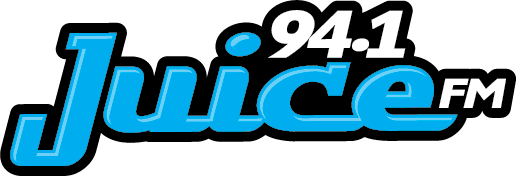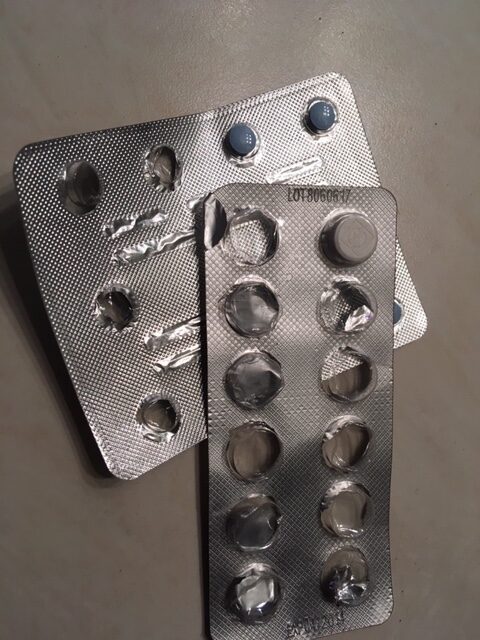Officials with two local advocacy groups say they are saddened by B.C.’s increase in drug poisoning deaths, despite their work in the community.
According to a report from the BC Coroners Service for May, 195 B.C. residents lost their lives to drug poisoning across the province.
In the East Kootenay, no deaths were reported in May, but there have been seven people who died from toxic drugs in the first five months of 2022. Meanwhile, in the West Kootenay, one person died in May and five people died in the first five months of 2022.
“I don’t know why the toxic drug crisis is getting worse,” said Jessica Lamb, peer lead development coordinator with ANKORS. “We’re doing an incredible amount of work in the community, but I believe it just comes back to this extremely toxic, contaminated and unregulated drug supply.”
Lamb also works as a project coordinator with the East Kootenay Network of People Who Use Drugs (EKNPUD).
Both ANKORS and EKNPUD offer programs aimed at helping out residents in the region who use drugs, including checking services.
Lamb said most of the drugs they have checked recently contain benzodiazepines (benzos).
“Benzos in the drug supply have really changed how we respond, primarily to drug poisoning or overdose,” said Lamb. “Naloxone doesn’t work on benzo poisoning.”
Lamb said if someone is breathing, but remains unconscious after receiving a dose of naloxone, they should not be given another shot. Rescue breathing, or CPR/mouth-to-mouth, should be used instead.
“Opioids and benzos are both depressants, and really affect your breathing,” said Lamb.
However, until an alternative is readily available, Lamb said getting benzodiazepines out of the drug supply isn’t necessarily a simple step.
“A lot of us who are using substances, we’re dealing with trauma and trying to get rid of pain. This does it, it completely knocks you out,” explained Lamb.
“It brings up a lot of concern for people, like myself, who advocate for a safe and regulated supply, but if we’re not giving people what they want, they’re not going to use that safe supply.”
Both ANKORS and EKNPUD advocate for easier access to safe, prescription-based alternatives, rather than possibly life-threatening toxic substances.
“Here in Cranbrook, we don’t have a lot of access to addiction medicine services,” said Lamb. “The services are starting, but they’re not the services that people want or need in the community.”
Part of those services Lamb feels is necessary is more access to housing, more healthcare workers and offering compassionate support.
“There is a difference in meeting people where they’re at and accepting people where they’re at. It’s really important not to try to change people from people who use drugs to people who don’t use drugs,” explained Lamb.
“If we can authentically meet people where they’re at, and just accept them wherever they are in their journey and give them support, it’s more likely they’re going to start making healthier choices, rather than hold their shame and guilt and being the outcast of the community.”
ANKORS offers other services to residents, as well, including LGBTQ2IA+ support, sexual wellness, harm reduction, and assistance for homeless residents.


